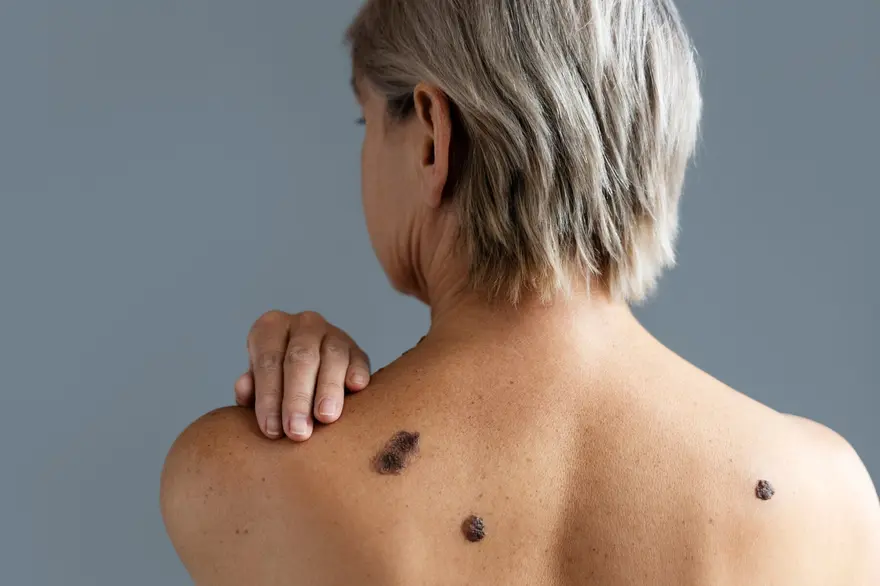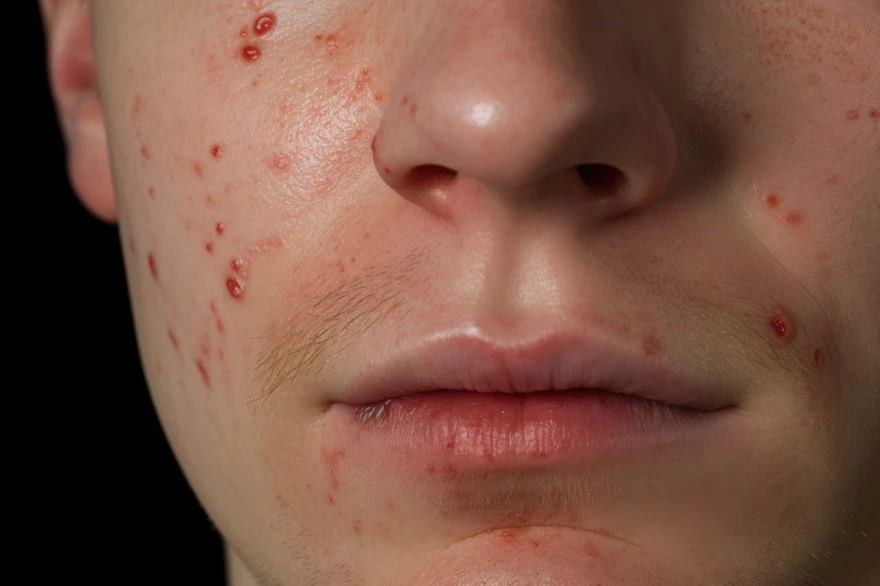Preventive Healthcare
BRCA Testing for Breast & Ovarian Cancer Risk
1210 Views
0

What is BRCA Testing?
BRCA testing helps identify any specific changes noticed in BRCA1 or BRCA2 (Breast Cancer) genes. These genes are responsible for producing proteins that are involved in DNA repair. They are also known as tumour suppressor genes, as any mutation in these genes can cause an increased risk of ovarian, breast, or other cancers.
As BRCA mutations are hereditary, they can run in your family and are passed down from parents to children. Testing for breast cancer genes includes a simple blood test, which your doctor will then analyse to find any mutations in one or both of the BRCA genes.
Who Should Get BRCA Testing?
The BRCA gene mutation is very rare and is known to affect around 1 in 400 or 0.25% of individuals, which is why most doctors will not prescribe a BRAC gene test unless there are other risk factors, such as having:
- A history of breast cancer, especially if diagnosed before 50 years of age.
- A close family relative who has been diagnosed with a BRCA mutation.
- Other family members (especially male) diagnosed with breast cancer.
- A diagnosis of both ovarian and breast cancer.
- A family or personal history of multiple cancers.
- Any history of inherited cancer predisposition disorders like Fanconi anaemia, Cowden syndrome, Peutz-Jeghers syndrome, or Li-Fraumeni syndrome.
Women should also consider BRCA testing in pregnancy to avoid passing on the gene to the foetus.
What Can BRCA Mutation Testing Tell Me?
BRAC1 and BRCA2 testing helps identify mutations in these genes, which indicates that you may be at a higher risk of breast cancer. Those with BRCA mutation are considered to be six times more prone to diseases like ovarian and breast cancer by age 80. It could also indicate early onset of cancer and often affects both breasts. Men with the mutation are more likely to be a silent carrier of the gene, while women develop cancer. However, both can pass the mutation on to their biological children.
BRCA testing also indicates an increased risk of developing
- Ovarian cancer
- Prostate cancer
- Fanconi anemia
- Pancreatic cancer
What Happens Before BRCA Testing?
Unlike other blood tests, BRCA testing needs a little bit of preparation. You will first meet a genetic counsellor who will explain how these inherited genetic mutations can affect your risk of developing cancer. They will explain the basics of BRCA testing, like how long BRCA testing takes and what the results would mean for you and your family.
What Happens During BRCA Testing?
BRCA testing needs only one vial of blood, and the BRCA testing procedure is similar to drawing any blood sample. The lab technician will first place a tourniquet around your arm to make it easier for them to identify an accessible vein. Once found, they will insert a thin needle into the vein and draw out the blood sample.
You might feel a slight prick or sting during this process, which goes away instantly. The entire BRCA testing procedure takes less than 5 minutes. After removing the needle, the technician will place a small round bandage on the injection spot.
What Happens after BRCA Testing?
After the test, your doctor will let you know when you can get the results so you can schedule another appointment with your genetic specialist, who will help you understand the results.
What are the Benefits of BRCA Testing?
BRCA testing helps you understand whether or not you have the BRCA gene mutations, which in turn aids in understanding your cancer risk. The test also provides information about how much at risk they are of developing cancer. You may also need a more comprehensive gene mutation test to analyse other genes that can cause cancer. Your genetic counsellor can help you understand which tests are required.
What are the Risks of BRCA Testing?
As the test involves a simple blood sample, there is little or no risk involved in BRCA testing. In rare cases, a saliva test may also be needed.
When Should I Know the Results of the BRCA Testing?
As most BRCA testing results take a few weeks, some labs can fast-track the results of those who have already been diagnosed with cancer and need the test results to decide which treatment route they need to take. Your doctor or the lab technician can give you a better timeline of when to expect the results.
What Does it Mean if the Results are Positive?
While testing positive on a BRCA gene test significantly increases your risk of cancer, it is not a positive test for cancer. Once you know that you have the mutation, you can take preventive steps to avoid cancer. At the same time, BRCA testing also helps your family know that they could also be at risk of cancer and take the required steps to determine their risk factor.
Your doctor and counsellor can tell you whether your family members also need to be tested and give preventive measures that you should take. These could include:
- Frequent cancer screenings.
- Additional screening options like breast MRIs.
- Limited use of birth control pills can help reduce the risk of ovarian cancer. However, it could also increase the risk of breast cancer.
- Using preventive medicines for cancer, such as tamoxifen.
- Preventive surgeries like prophylactic mastectomy and prophylactic removal of fallopian tubes and ovaries in severe cases before the tumour can develop.
What Does it Mean if the Results are Negative?
If your BRCA1 and BRCA2 test results are negative, you do not have a BRCA mutation, and your children also will not inherit this mutation.
However, a negative BRCA test does not mean you won't get cancer. It just indicates that you have the same risk as the general population. This test can also help your medical team decide your treatment plan if you ever develop cancer.
If your BRCA test comes back negative, but someone from your family is diagnosed with breast cancer before 50 years of age, it could mean that you are still at risk of cancer, just due to another gene mutation. Your genetic counsellor will help you understand your results and discuss further steps.
What Does it Mean if the Results Are Uncertain?
If your results come back inconclusive, you may need further testing. Uncertain results show that you may have a BRCA gene mutation that may not be associated with an increased risk of breast cancer.
These results indicate a variant of unknown significance (VUS). These results will also be explained to you by a genetic counsellor.
Conclusion
BRCA testing helps identify abnormal changes in your BRCA1 or BRCA2 genes. A positive test indicates that you have a higher risk of developing cancers such as ovarian and breast. This allows you to take the steps needed to lower your cancer risk.
Diagnostic centres like Metropolis Labs provide advanced genetic tests like BRCA. With timely results, at-home sample collection, and accurate results, Metropolis Labs puts the convenience of its customers first. Check out the entire list of services and tests we provide today
 Home Visit
Home Visit Upload
Upload














1701259759.webp)









 WhatsApp
WhatsApp